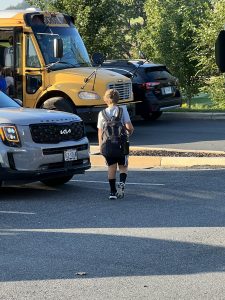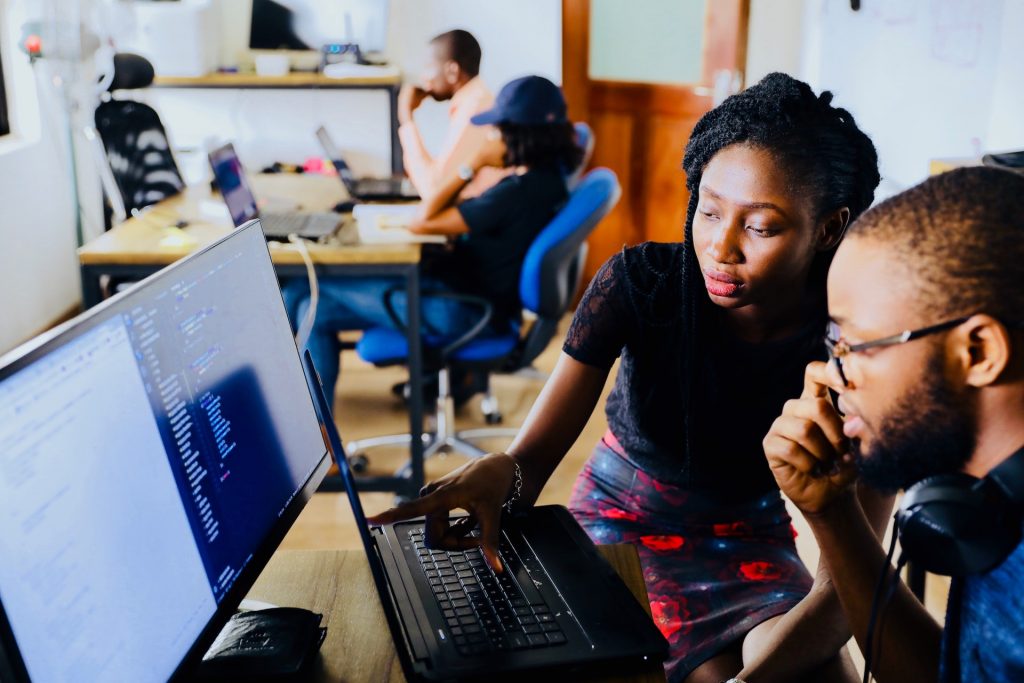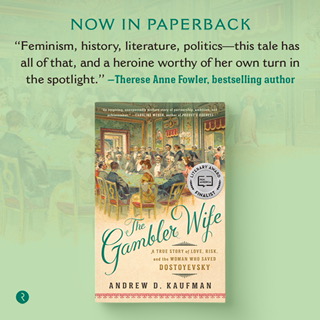How a Different Kind of Classroom Can Save Our Democracy

We’re about a month into the new school year, and already the grind has set in. In our family, that grind takes on a special significance this year as my ten-year-old son started fifth grade in a different school, with a new set of routines and expectations (did someone say homework?) amid a sea of completely unfamiliar faces.
I watched with excitement and trepidation as he made his way from my car to the bus on the first day of school: his apprehensive first steps into what was the next stage in life and a new world for him.
As a father and teacher, I worry about the world he’s walking into, and whether the education we provide him can meet the daunting challenges he will face.
We’ve become a society of ideological factions mostly unwilling or unable to listen to one another. A society where right-wing politicians bully K-12 administrators into banning words and books from the classroom, while left-wing social justice warriors shame and cancel those whose perspectives they disagree with.
Precious little seems to be holding our torn social fabric together.
If Abraham Lincoln was right that “the philosophy of the schoolroom in one generation becomes the philosophy of government in the next,” then we have a lot of work to do to figure out how we got to this dark place and where education needs to go to get us out.
I don’t have the solution, but I believe that looking for it should be a national priority. And one of the first places I’d begin that search is within classrooms themselves.
Now more than ever, teachers need to stop thinking of themselves as mere purveyors of content knowledge and instead become facilitators of deep learning and personal growth for their students. They must help students learn not just math and reading and history, but empathy and creativity and resilience and collaboration.
Only then will classrooms become places where healthy democracy isn’t just studied and talked about, but practiced.
Over the course of my years as a college teacher and creator of the Books Behind Bars education program, I’ve explored an approach to teaching that starts from this assumption: that the four-walled classroom in which teaching has traditionally taken place is far too small to generate the kind of deep learning necessary to develop the fully realized individuals and citizens our democracy needs.
I Dream of a Different Kind of Classroom
I dream of a classroom that is a microcosm of the world itself, where things—real things, complex things, unpredictable things, beautiful things—happen. A place where students push their comfort zones to achieve tasks, where their paradigms and expectations are challenged, where they are surprised and intrigued and intrinsically motivated to want to know more, to understand more, to be more.
I dream of a classroom where students and reality collide, where knowledge is not just communicated but co-created, where deep, authentic conversation takes place, and human beings are engaged in nothing less than a search for meaning and truth, come what may.
This sort of classroom cannot quite be summed up in such tried-and-true monikers as “student-centered learning,” “active learning,” “service-learning,” or even “experiential learning,” to say nothing of the much narrower, more traditional delineations by discipline.
(As in: I teach literature, the guy down the hall teaches sociology, and the woman across campus teaches engineering, as if the ultimate goals of each of these three disciplines—human understanding—have little to do with one another.)
Creative Sharing of Knowledge
The classroom I’m speaking of does not promote a unidirectional flow of knowledge from credentialed academic experts but rather the web-like circulation and creation of knowledge by everyone participating in the learning community:
- It is a place where more than mere academic learning is valued, but also personal growth, meaning-making, and civic learning are considered just as important.
- It is a place consisting not merely of transactional exchanges but transformative partnerships.
- A place that empowers people not just to know but to serve, not just to do better but to be better, to commit to improving our collective well-being.
It is in this special place, I propose, that the kind of learning happens that can heal our broken world.
Yet when I visit classrooms today whose layout and instructional delivery methods look very similar to the way they did a century ago—with their emphasis on covering material rather than uncovering it, with their clear hierarchies between the knowing teachers and passive, receiving students—then something, I know, is seriously amiss.
If such an approach to teaching didn’t work too well a few generations ago and has, in fact, helped lead us to our current morass, then why would it achieve better results in the future?
It’s time we try a different way. If my ten-year-old son is willing to risk getting on that bus to a new world, then we owe him and all our children to go there with him.
***
Connect with Dr. Kaufman on Amazon, Twitter, Facebook, his private FB Group, Linked In, Instagram, Goodreads, and YouTube, and sign up for his newsletter here.
Follow Books Behind Bars on Twitter and Facebook.
Order The Gambler Wife: A True Story of Love, Risk, and the Woman Who Saved Dostoyevsky
A PEN/America finalist, now optioned for film!


“with their emphasis on covering material rather than uncovering it”
Thanks for highlighting this. This is a fundamental misunderstanding among educators–the emphasis on coverage rather than learning. The two are sometimes the same, but often they are not. The research bears this out.